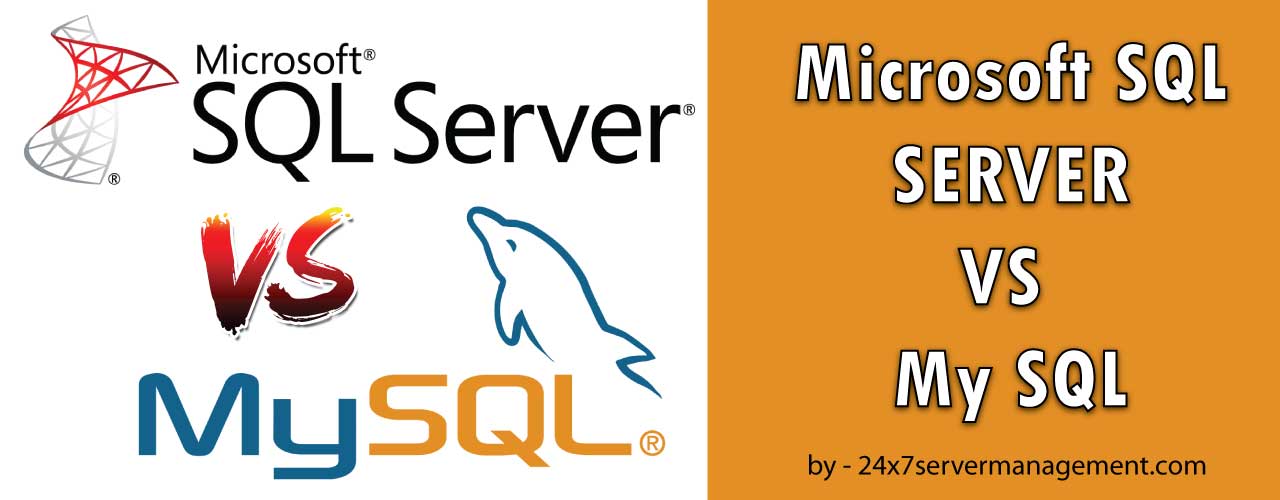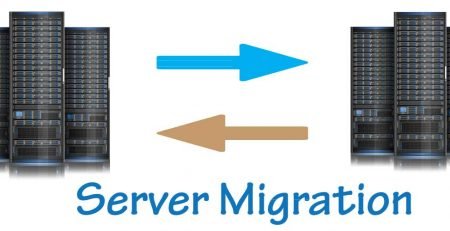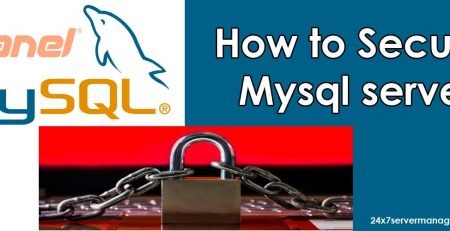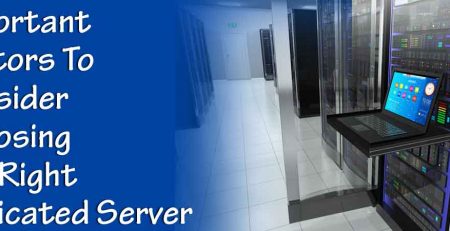Microsoft SQL Server vs MySQL Server
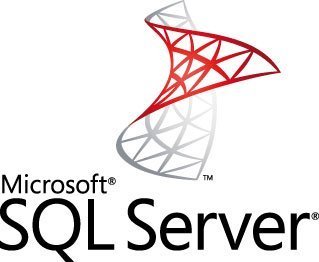 Technology on the back-end side of computing has undergone a massive transformation over the last couple of years. This transformation has been a reflection of a similar trend in the front-end side. Server technologies in particular have completely come of age in the 21st century. In the recent past, there were not many options to choose from when it came to considering the type of server software that would be used in an organization. Today, however, software has really improved and there are so many things a database software can do to manage, store and manipulate server data. This article focuses on two particular technologies that define today’s standards in the market. We will look at SQL server management, MySQL server management; in terms of their differences, strengths, security features among other things.
Technology on the back-end side of computing has undergone a massive transformation over the last couple of years. This transformation has been a reflection of a similar trend in the front-end side. Server technologies in particular have completely come of age in the 21st century. In the recent past, there were not many options to choose from when it came to considering the type of server software that would be used in an organization. Today, however, software has really improved and there are so many things a database software can do to manage, store and manipulate server data. This article focuses on two particular technologies that define today’s standards in the market. We will look at SQL server management, MySQL server management; in terms of their differences, strengths, security features among other things.
A Brief Overview
SQL is a relational database management system which is developed by Microsoft. MySQL is an open source software developed in 1995 by MySQL AB before being acquired by Oracle systems. Both of the technologies are extensively used in the market by many database administrators and developers. They both support plenty of features as they are developed to perform almost similar tasks and various platforms. They are however quite different in terms of syntax and administration. The two technologies are developed for two different target markets and purposes even though they can be applied for the same uses. MySQL has been an open-source platform for a long time and has seen significant growth over the years. SQL has also been in the market for a long time and has a significant growth over the years under Microsoft.
Key Differences
The main differences between SQL server management and MySQL server management are based on how they perform their tasks and their target clientele. SQL has been designed by Microsoft and it has a key target of the enterprise market. This means that it has great flexibility when it comes to updating and modifying databases. This is very handy for big databases which may require frequent modifications. The process is rather simpler and more user-friendly compared to MySQL. It may not be the most accessible platform for startups, small users and people who are not on a big budget, however.
On the other hand, MySQL is not as equipped. It is a database only and it misses a lot of the tools that a serious database needs to have. Its workbench has significantly improved in recent times but it is not quite where it needs to be. Generally, it takes significantly more effort to do the same thing that an SQL server would have done with a MySQL server. MySQL is also limited in terms of security features and operations.
Where they individually shine
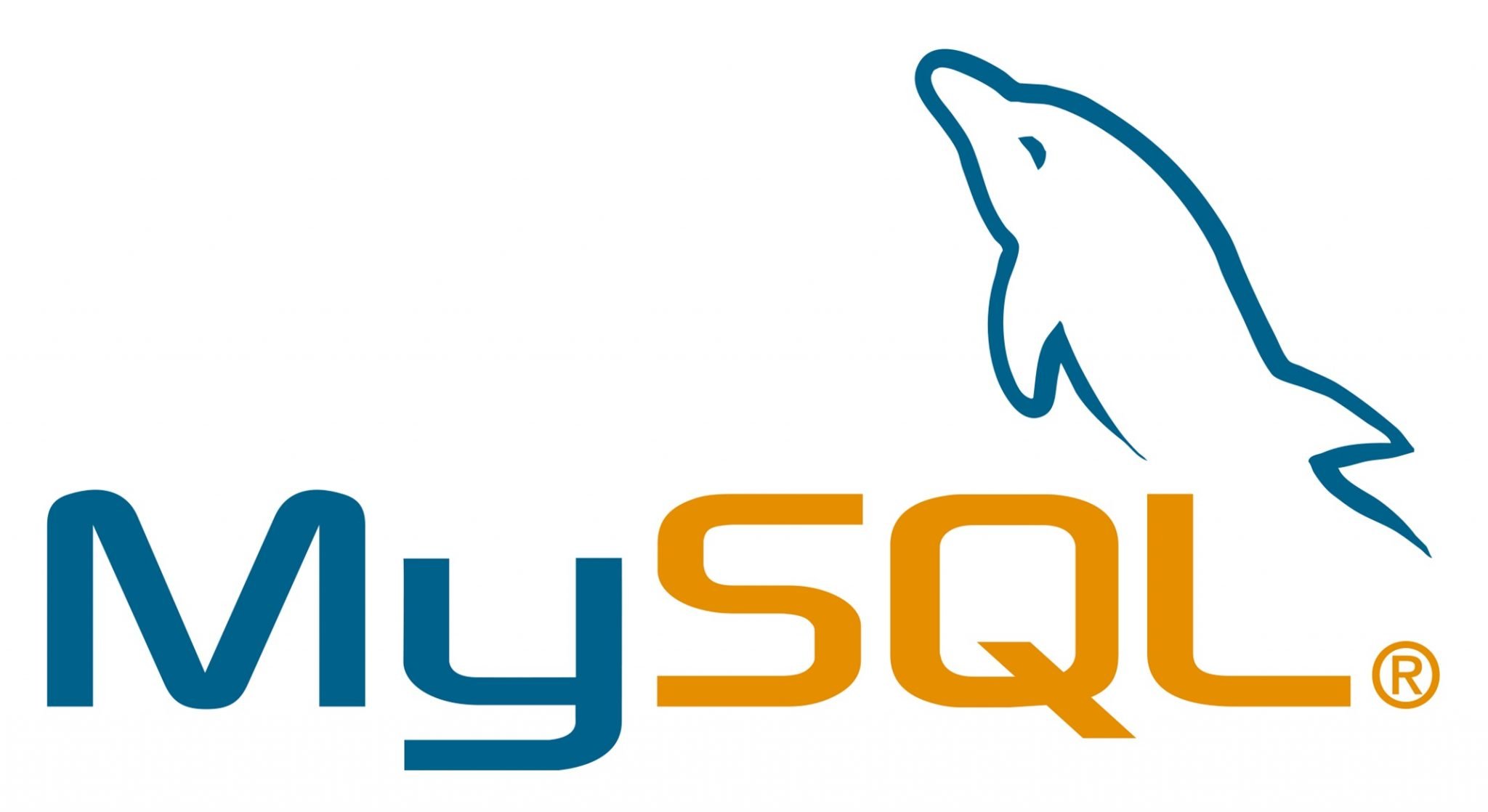 Being an enterprise database, SQL is quite defined in its processes and way of handling input and output. The platform has functionality in terms of backup, data storage, error-checking among other features. It is quite standardized as well and many of the features are straightforward. While SQL is a closed platform, you never really feel like there is any usability lacking. You can be able to perform a lot of things and it has a big foothold in replication. You can perform searches based rows, data types, databases and pretty much anything.
Being an enterprise database, SQL is quite defined in its processes and way of handling input and output. The platform has functionality in terms of backup, data storage, error-checking among other features. It is quite standardized as well and many of the features are straightforward. While SQL is a closed platform, you never really feel like there is any usability lacking. You can be able to perform a lot of things and it has a big foothold in replication. You can perform searches based rows, data types, databases and pretty much anything.
MySQL is an open-source platform. Its community of users and developers are very active and provide feedback, frequent updates and streamlining to the platform. This kind of vibrancy is always welcome as it indicates the possibilities that can be achieved in days to come. While the development side may not be as active as its user-base, there is a strong community of developers who have worked on different platforms and have great solutions for other users.
Security features
When it comes to security, it is quite expected that a closed system will be more secure than an open system. This is indeed true as Microsoft’s SQL server is significantly more secure than MySQL. SQL has different frameworks of improving security like external authentication, data encryption methods, advanced query optimization among others. All these are things that MySQL either does not have or trails SQL horribly.
The MySQL server security features are limited to data auditing techniques, which are not the best in any case. The threat of data from external sources is also higher on this platform for the simple fact that it is open source. There are many improvements that can be made to MySQL but the fundamental challenges it faces as a platform do not allow it to surpass SQL server management in the security realm.
General Reviews
Both platforms undoubtedly have a solid clientele that uses and appreciates them fully. Going through the online reviews, you will find many recommendations for both from every quarter. The choice of using any of them therefore heavily relies on the kinds of uses a particular user has for the platform. In general, they are good platforms that have been on the market for decades and they will continue being relevant.
There are many things to love about SQL server management, MySQL server management and other database server systems out there. If you are keen on saving a buck, you can use MySQL for your needs and you will find it to be very dependable. It is a sufficient server manager. There is also optimism for the future as it is an open source platform. The fact that you do not have to lock yourself up in a single environment is encouraging.
If you need power and freedom and is not held back by any constraints, you can bank on SQL. It is a very comprehensive server manager which is well organized as well. The excellently equipped server manager is everything a serious administrator looks for. The only drawback is that it is closed and restrictive.
In any case, if you are already on any of the platforms, it would be wiser to stick to that as the shift from one platform to another may not always be worth the effort. The process of switching is quite expensive and limiting overall.

